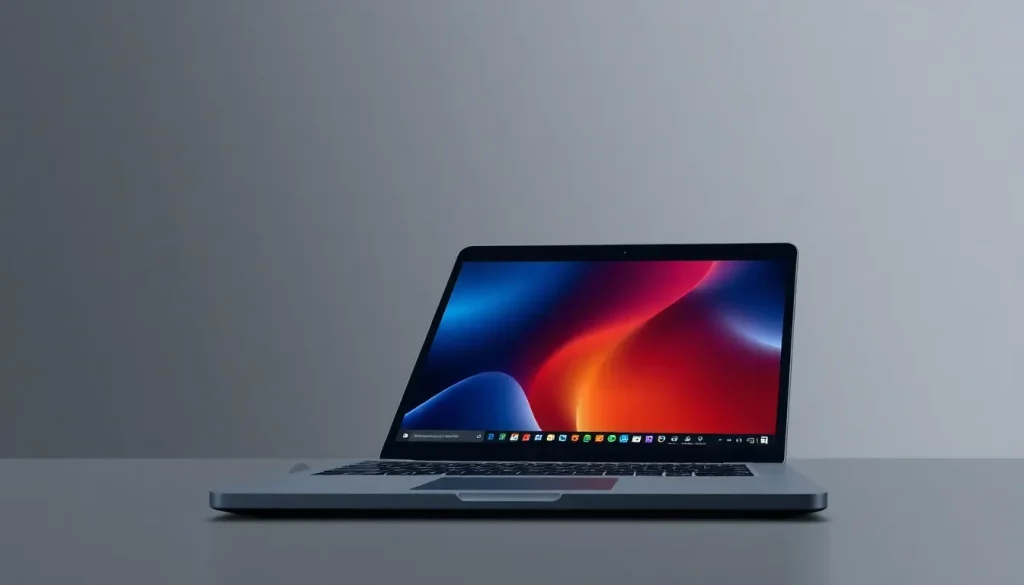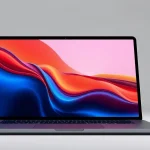Google aims to attract Microsoft users with Chromebook strategy

In the highly competitive world of technology, companies are constantly vying for user attention and market share. Recently, Google has launched a provocative campaign aimed at enticing users of Windows 10 to switch to their Chromebook Plus, especially as the end of support for Windows 10 approaches. This strategic move not only targets Microsoft’s user base but also capitalizes on the natural transition that many users will face come the deadline.
As the countdown to the end of Windows 10 support begins, users are left contemplating their options. With Google’s aggressive advertising, the question arises: will users decide to stick with Windows or consider the advantages of switching to a Chromebook?
Google's bold message: Windows 10 as a potential virus
Google has launched a conspicuous pop-up on its homepage that bluntly states, “Security updates for Windows 10 end in October,” effectively nudging users towards the purchase of a new Chromebook. This advertisement appears as Microsoft plans to bid farewell to its long-standing operating system on October 14, 2025, creating a sense of urgency among users.
This promotional tactic is crafted to instill fear about the impending obsolescence of Windows 10, suggesting that remaining on this platform may pose security risks. The advertisement links to the “Switch to Chromebook” page, featuring a striking tagline: “Goodbye PC. Hello Chromebook.”
Visually, the advertisement reinforces its message with an image of a laptop displaying a “Virus detected” alert on a familiar blue background reminiscent of Windows. The overall impression is clear: users must either transition to Chromebook Plus or face potential security vulnerabilities with Windows 10. While many users may upgrade to Windows 11, a significant portion will still remain on Windows 10 for an additional year, especially in Europe.
Google's marketing strategy emphasizes the advantages of their Chromebook line, including enhanced security features, user-friendliness, and a promise of “zero viruses”. The promotional site for Chromebook Plus notably highlights that essential Microsoft 365 applications like Excel, Word, and PowerPoint are fully accessible within its ecosystem, attempting to dismantle the perceived barriers to switching.
Is Chromebook Plus a viable option for users?
Microsoft is actively encouraging users to migrate to Windows 11, while also offering the Extended Security Updates (ESU) program, which extends the lifespan of Windows 10 until October 2026. However, many users may not be aware of this option or how to enable it, creating an opportunity for Google to target those who need to purchase new hardware.
The focus is particularly on users who are compelled to buy a new laptop and are weighing their options. Google aims to capture this demographic by presenting Chromebook Plus as a compelling alternative to conventional Windows laptops.
This isn’t the first instance of direct competition between Google and Microsoft. Google has previously utilized pop-ups to suggest the installation of Chrome when users are detected using Edge. Concurrently, Microsoft has responded with targeted advertising in Bing, enticing Google users to switch to their browser.
The rivalry between these tech giants is intensifying, manifesting in a fierce battle for market share. Each click matters in this ad-driven landscape, particularly considering Google’s dominance with an impressive 80% market share in the search engine sector. The upcoming months will reveal whether Google’s strategy leads to a significant shift in users transitioning from Windows 10 to Chromebook.
Understanding the implications of Windows 10’s end of support
The looming deadline for Windows 10 support raises critical questions about what it means for users and businesses alike. As security updates cease, users will need to consider the ramifications of remaining on an unsupported platform.
- Security Risks: Without regular updates, the system becomes vulnerable to new threats.
- Software Compatibility: Future applications may not support older operating systems.
- Technical Support: Users will no longer receive assistance from Microsoft for troubleshooting.
These factors underscore the urgency for users to evaluate their operating system choices as the end date approaches. Google's campaign aims to capitalize on this urgency, framing Chromebook as a convenient, modern alternative.
The relationship between Google and Microsoft: A competitive landscape
The rivalry between Google and Microsoft has deep roots, with both companies competing across various sectors, including operating systems, cloud services, and productivity software. This competition has fostered innovation but also led to aggressive marketing tactics.
Google's recent advertising strategy exemplifies how the companies are leveraging user transitions to gain market share. The battle is not merely about individual products but represents a broader struggle for dominance in the tech ecosystem.
Alternatives to Windows: Exploring the options
As the end of Windows 10 support approaches, users may consider several alternatives beyond Chromebook. Here are some compelling options:
- Linux Distributions: Options like Ubuntu or Fedora offer robust performance and security.
- macOS: If users are open to switching hardware, Apple’s operating system provides a seamless experience.
- Cloud-based OS: Platforms like Chrome OS focus on web applications and require less local processing power.
Each of these alternatives comes with its own set of advantages and challenges, making it essential for users to conduct thorough research before making a switch. The evolving landscape of operating systems presents exciting possibilities for those willing to explore beyond traditional offerings.
As companies like Google and Microsoft continue to navigate this competitive terrain, users will need to stay informed and make choices that best suit their needs and preferences. The landscape is shifting, and the next few years will be pivotal in determining the future of personal computing.
For those interested in a deeper dive into this topic, check out this relevant video that explores the implications of Microsoft's recent decisions:




Leave a Reply